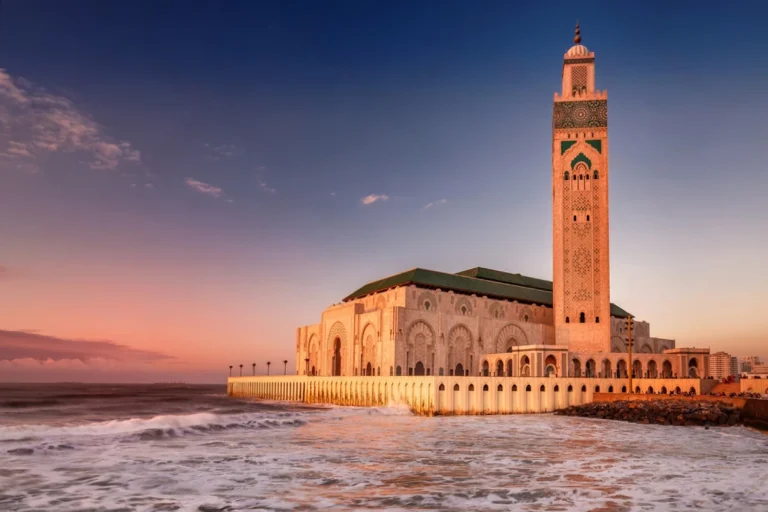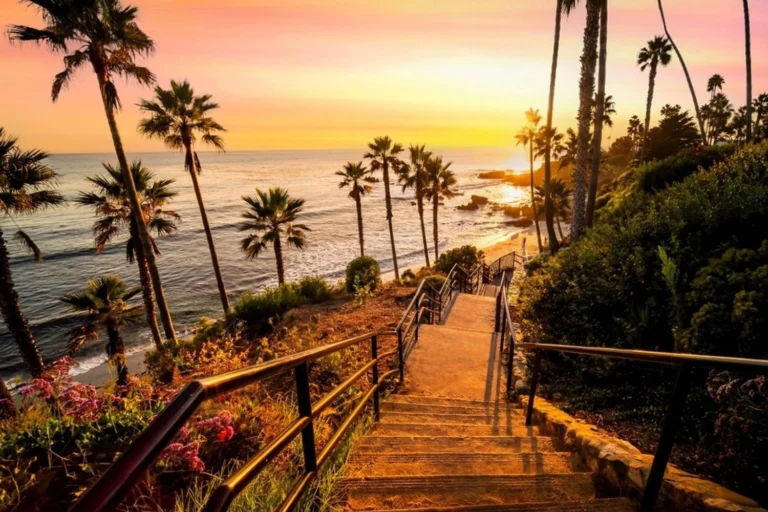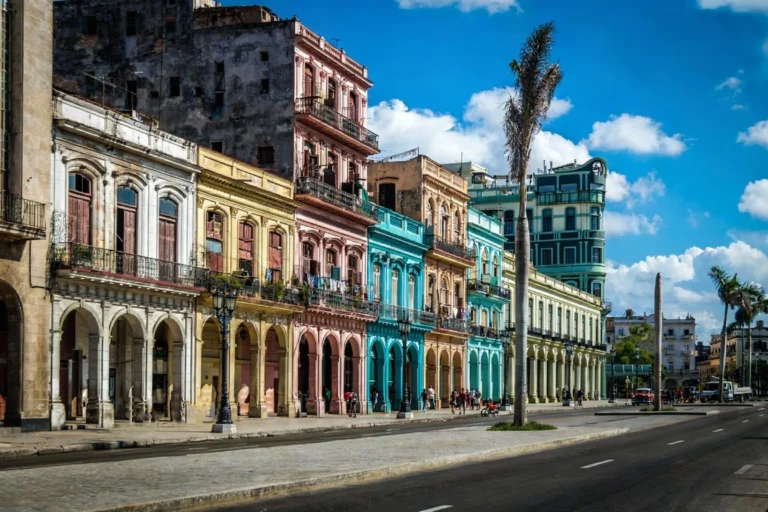Boston: 30 Unexpected Facts from the City of Firsts

Arriving in Boston, slow your pace and you’ll hear the murmur of a café grinder and the soft rattle of a passing train. It’s like a sweater with hidden pockets you slip a hand in and find small, human moments you didn’t know you were looking for. There’s the salt of the breeze on your lips, warm brick under your palm, and a distant bell carrying across the street. This is an invitation to wander beyond the usual snapshots and notice the overlooked details that reveal a deeper spirit.
A city stitched from tides and borrowed earth
I still do a small double take whenever I remember that so much of the ground under our feet wasn’t ground at all. Wind comes in tasting like salt, gulls call from somewhere you can’t see, and it makes sense: for centuries this was marsh and coves, a restless edge where the tide kept shifting the boundary. Then the nineteenth century arrived with wagons and willpower, pouring earth into water until neighborhoods stood where the harbor once moved.
In Boston, the names give it away Back Bay, the Fenway and sidewalks sometimes feel like quilt seams pulled tight over old water. Learning that changed how I walk here; I step a little softer, grateful for the audacity it took to make dry land out of brine and reeds. There’s a tenderness in that stubbornness, a reminder that a city can be both engineered and fragile, always aware of the sea at its edges.
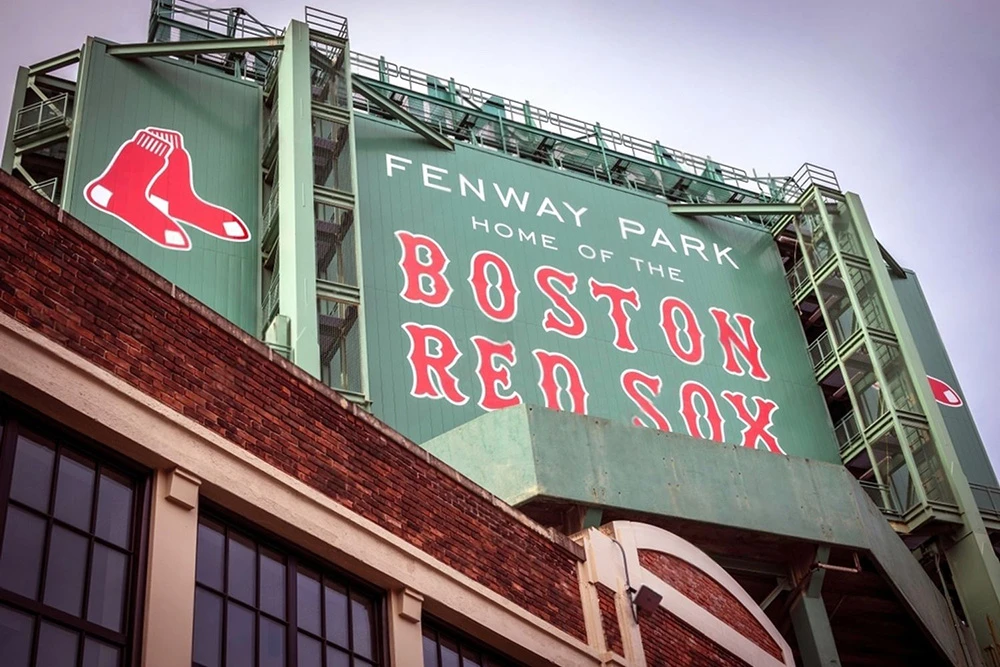
A quiet alley’s stone that once centered a city
I almost missed it a squat, time smoothed marker tucked where the brick cools and the alley smells faintly of rain. The Boston Stone began as a humble tool for grinding paint, the kind of thing you’d expect to vanish once its job was done. Instead, people later treated it as the city’s center point a quiet reference point for all the bustle. Standing there, I liked the contradiction: ordinary object, oversized role.
I remember the way that idea made me smile, like finding the punchline written in the margins. There’s a playful honesty in calling your bullseye a stone in a back lane practical, a little cheeky, and deeply proud of its long memory. It feels like a wink from the past, a reminder that maps and stories grow together; drop one small certainty and, like a pebble in a pond, the streets ripple out.
Where a boat, train, car, and plane align
Sometimes a city lines things up so neatly it makes you grin. Over the Charles, I remember the river smell mingling with warm asphalt, the rails giving a low shiver, and a thin, steady buzz hanging in the sky like a held breath.
At the Boston University Bridge, it’s the only place in the world where a boat can slip under a train, under a car, while an airplane hums above. Engineers love to brag about its “stacked transit” trick, and I get it it feels like a layer cake of motion, each tier doing its thing without fuss.
What stays with me is the sense of harmony: four journeys borrowing the same slice of air without bumping into each other. It makes the city feel generous, like there’s room for every pace, every plan, all moving forward together.
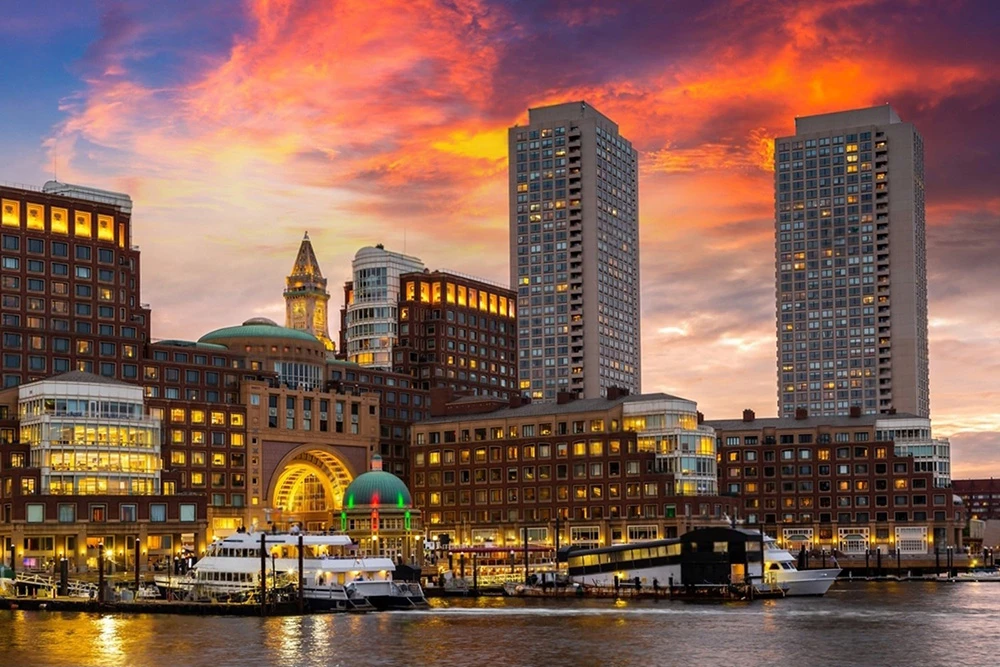
Where America’s Subway Story First Began
Just before a train arrives, cool air rolls up from the tunnel damp brick, metal, and a hint of dust that feels older than the morning headlines. I remember standing there once, listening to the rails hum, and wondering how many footsteps have stacked up in this same echo.
Down here, the Tremont Street Subway opened in 1897, America’s oldest, and much of that original brickwork still holds steady beneath the sprint of modern commuters. The walls are a warm, stubborn red, the mortar chalky at the edges, like an old spine keeping the city upright. I love that the past isn’t put behind glass; it’s working a shift with the rest of us.
It makes the rush hour feel softer, as if the day has a longer memory than we give it credit for. There’s a quiet comfort in that proof that a place can keep changing without letting go of its first heartbeat.
Boston skips happy hour for slower early evenings
At first it felt odd no neon promises at five, no chalkboard countdowns to a cheap pint, just the clink of glasses and soft amber light on old wood. In Boston, you learn quickly that the bargain rush never comes; a quirky state law from the 1980s ended drink discounts to curb drunk driving. I remember noticing how the room kept a steady heartbeat, not a sprint people wandering in without urgency, choosing what they actually wanted instead of what a clock told them to want. It surprised me how calm it felt, like the city had quietly decided that a good night doesn’t need a coupon.
Locals call it “early evenings,” and the phrase suits the mood: low conversation, warm barstools, the hush that comes when everyone is unhurried. Without the lure of two for ones, the focus shifts to company the bartender who remembers your story, the friend who lingers for one more half hour of talking. I kind of loved how it turned a drink into intention, not a chase, and how the night moved at the tempo of a long exhale. It’s a small rule with a big tenderness, reminding you that sometimes the best hour isn’t happy by discount it’s happy by design.
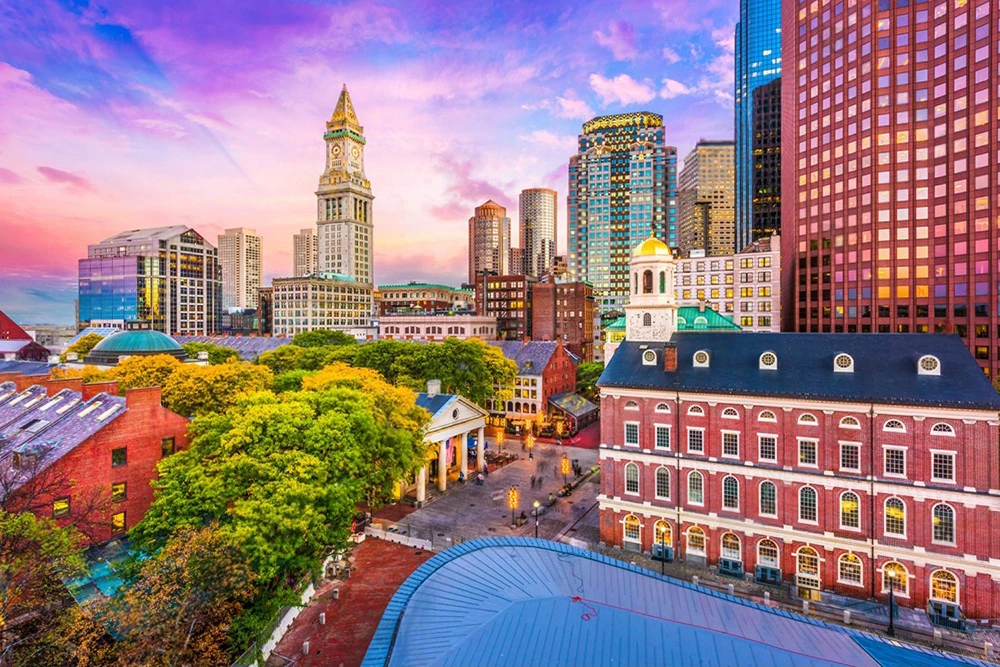
When Christmas Was Illegal, Joy Went Underground
I still laugh at how wild it sounds: there was a time when Christmas itself was illegal here. The early Puritans, wary of unruly cheer, fined people for celebrating, and they didn’t loosen their grip until 1681. I picture winter windows beaded with frost, steam curling from kettles, and joy keeping its voice low.
Maybe that’s why Boston’s holidays carry a soft streak of rebellion. The brass of a sidewalk carol, the bite of pine in the cold, a candle set in a sill – all of it feels a little defiant and tender at once, like a bright thread stitched through winter. I remember feeling oddly proud of that mix, as if this place learned long ago that delight is worth defending, and we still raise it gently, no permission needed.
Oldest marathon, same joy: a city runs together
I swear the morning air tastes different on race day crisp April, coffee steam, pancakes somewhere nearby, and a hum like a tuning fork along the sidewalks. You hear names you don’t know being sung, cowbells clanging, hands clapping until they sting. Watching the runners flow past in a river of bright jerseys, I feel my chest lift for people I’ll never meet.
What gets me is how old this joy is: held every year since 1897, the world’s oldest marathon that still somehow feels new each time. It isn’t just about speed; it’s about neighbors sharing warmth and good wishes, about the way Boston cheers in unison all morning, as if the whole place decided to believe in the same thing for a while.
I remember standing by the curb next to an elderly couple tending a hotplate, flipping pancakes with the easy rhythm of tradition. They told me they do it every year because it helps, and you could see it the tired faces brightening for a moment at the smell and the noise. Maybe that’s why I love this day: it reminds me how good it feels to belong to one another, if only for a few miles.
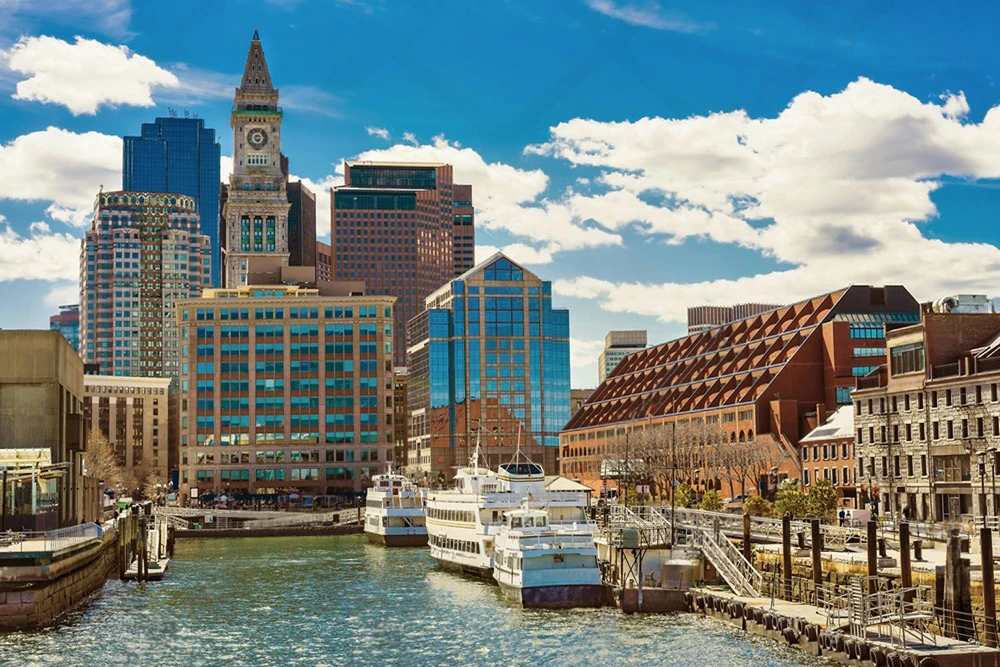
Skinny pins, tiny balls, and a bigger challenge
The thud is lighter, but the pride is not. Candlepin feels like a dare disguised as a game those narrow pins standing there, slim little lighthouses daring you to stay steady. The balls sit warm in your palm, smooth and small, and when they roll you hear this sharp, woody chatter instead of a boom. I remember thinking it would be easy, then hearing the soft chorus of “nope” around me when the pins barely shivered. People defend this thing with a grin that says, go ahead, try it.
Invented in Boston in 1880, it makes sense to me now of course a city built on stubbornness would birth a sport that rewards patience over brute force. Locals insist it’s the superior challenge to tenpins, and you feel that in the room: the hush before a throw, the quick breath when the ball kisses the head pin, the laughter that follows near misses like they’re close friends. It’s less sledgehammer, more threading a needle, and there’s something beautiful in that a small, precise joy that asks you to be present, lose the swagger, and earn every clatter.
Secret cool tunnels beneath the summer scorched streets
Some days, when the air turns heavy, I love the idea that shopkeepers once kept a room of cool under their floors cellar cool and quiet. Stone passages, damp with the smell of old brick, held butter, berries, maybe oysters, and gave tired faces a few deep breaths. It’s such a neighborly kind of ingenuity, like the city grew gills to breathe through summer.
In Boston, those secret “cool tunnels” linger many sealed, some adopted by clever restaurateurs who let wine rest in the hush and perishables stay calm. I remember hearing about a trapdoor near a barstool where the air fell thirty degrees, and it made me grin; of course this town would store comfort under the floorboards, thrifty and a little mysterious.
What stays with me is the kindness of the idea: pockets of shade stitched into the ground, built not for show but for care. The heat feels less like an enemy and more like a season we meet halfway.
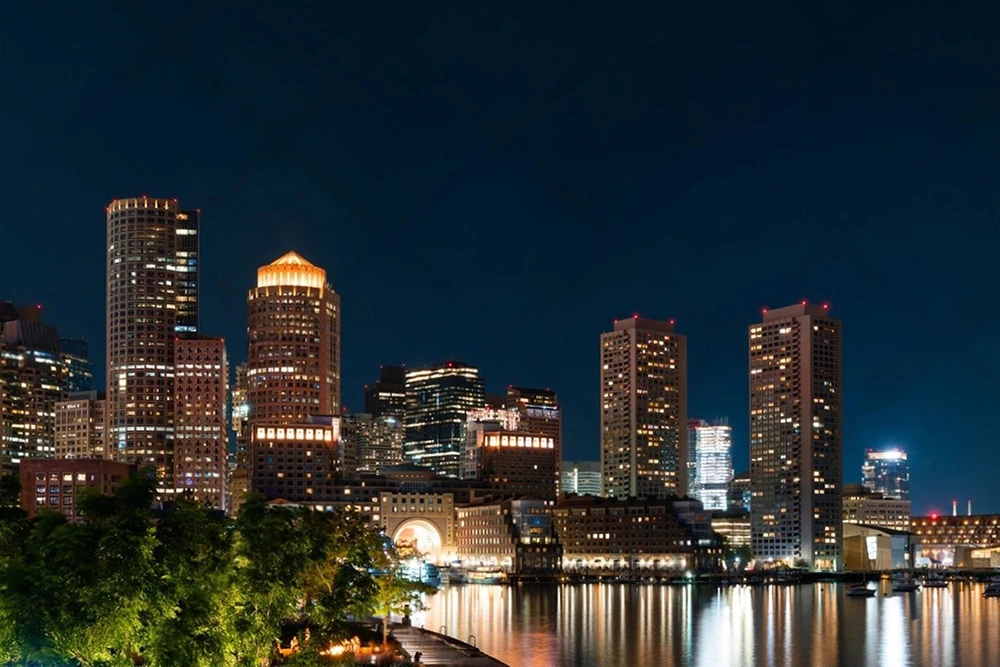
Shawmut to Boston, a name that crossed oceans
There’s a moment when the harbor wind tastes like salt and old stories. Long before the clang of modern life, Native people called this place Shawmut, a word that feels round and steady in the mouth. Thinking of it softens the skyline for me; it’s a reminder that names can carry quiet, and that the ground beneath our feet remembers more than we do.
Later, the earliest settlers reached for home across the Atlantic and renamed it for a town in England, the place they had left behind, almost like tucking a keepsake into a new life. And now, in Boston, that borrowed name hums through brick lanes and along the water’s edge familiar, yes, but edged with distance, like a song learned somewhere else.
I love how both names linger if you listen Shawmut steady, the newer name bright. It makes the city feel layered and honest, a meeting of tides and histories. Maybe that’s why the breeze here can feel both welcoming and wistful, as if the shore knows it belongs to more than one story.
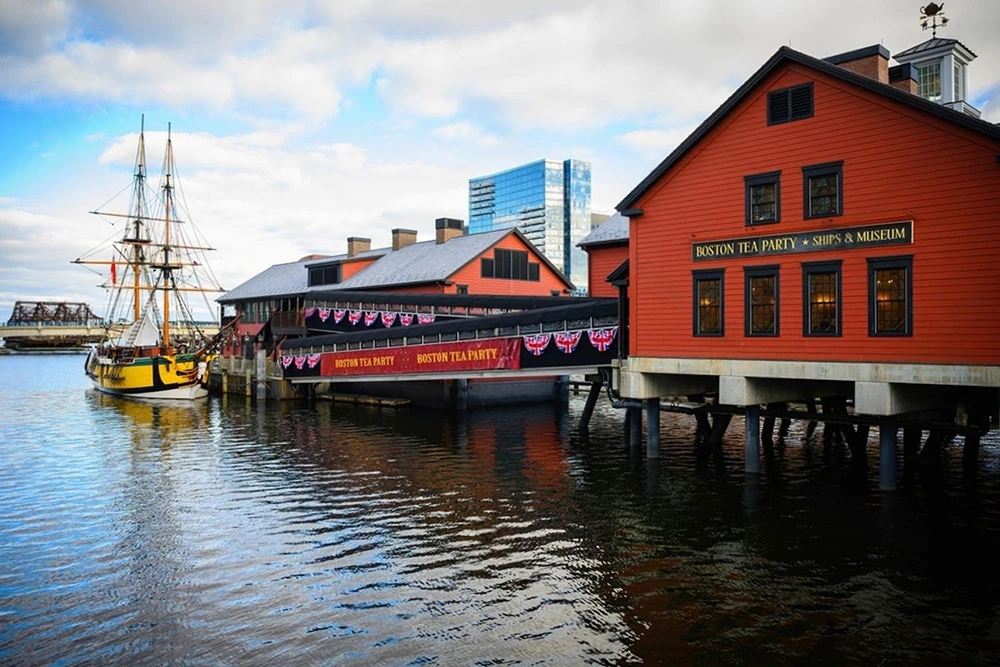
Fig Newtons: a sweet nod to Newton, Massachusetts.
Funny how a small cookie can hold a whole story. The figgy center, dark and jammy, and the tender crust that smudges your fingertips – one bite and I learned it’s named for Newton, Massachusetts, and suddenly this lunchbox staple felt like a neighbor. I remember that tiny surprise like a spark on a gray afternoon, the kind that makes you grin at your own snack.
A Boston biscuit company dreamed it up, which makes sense; around here, pride tends to be playful and a little odd, the kind that sneaks into everyday things. There’s thrift and ingenuity in that neat seam of pastry around the filling, and a quiet confidence in calling it by the town’s name. Maybe that’s why it tastes familiar even far from home: not just figs and flour, but a soft reminder that places sometimes sign their work with a smile.
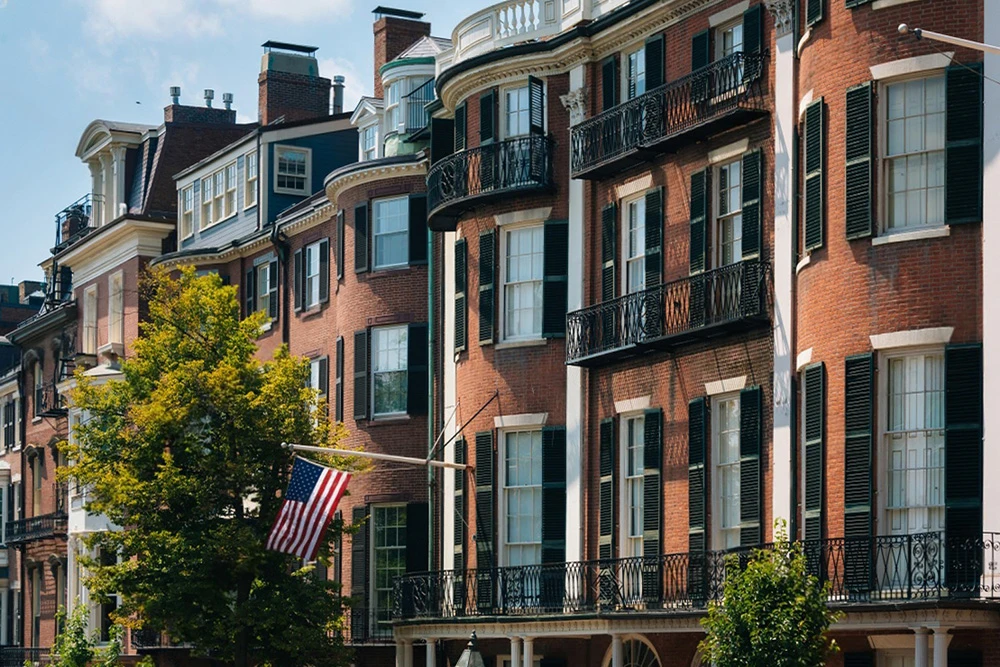
America’s first park, quietly holding nearly four centuries.
Sometimes the grass makes a soft shush under your steps, and you feel it: a place that remembers. In Boston Common, the country’s first public park, laid out in 1634, the trees seem to keep a quiet counsel while dogs zigzag and lunchtime chatter drifts by. I remember sitting on a worn bench, the smell of cut grass in the air, and thinking how the lawn holds time like a folded map creases and all right beneath our sandwiches and daydreams.
It’s wild to imagine what these fields have seen: cows once grazed here, bells tinkling where joggers now loop; and in harsher days, public hangings shadowed the crowd, the kind of history that makes you breathe a little deeper. That mix of the ordinary and the solemn feels true to the spirit of the place: a democratic patch of green where everyday life and hard earned ideals have always met. Maybe that’s why it feels so grounding because under the shade and laughter there’s a steady heartbeat, reminding you that freedom, like a park, is something we keep together.
Permit to Wear a Goatee, Boston's Running Joke
I still laugh at the thought: somewhere, a tidy little license for a goatee, stamped and approved, as if whiskers needed paperwork. It’s one of those leftovers from Puritan days, barely alive except as a grin in old stories. The idea hangs in the air like the faint smell of old books strict handwriting, stern ink and yet nobody’s reaching for a clipboard.
What I love is how Boston keeps things like this, a straight faced joke tucked between brick and salt wind. It’s a reminder that the place was built by people who cared deeply about order, and we, their descendants in spirit, turned the rule into a punchline. That rumor of a permit makes the city feel human proud, opinionated, and surprisingly playful like a stern ancestor who can’t help breaking into a smile.
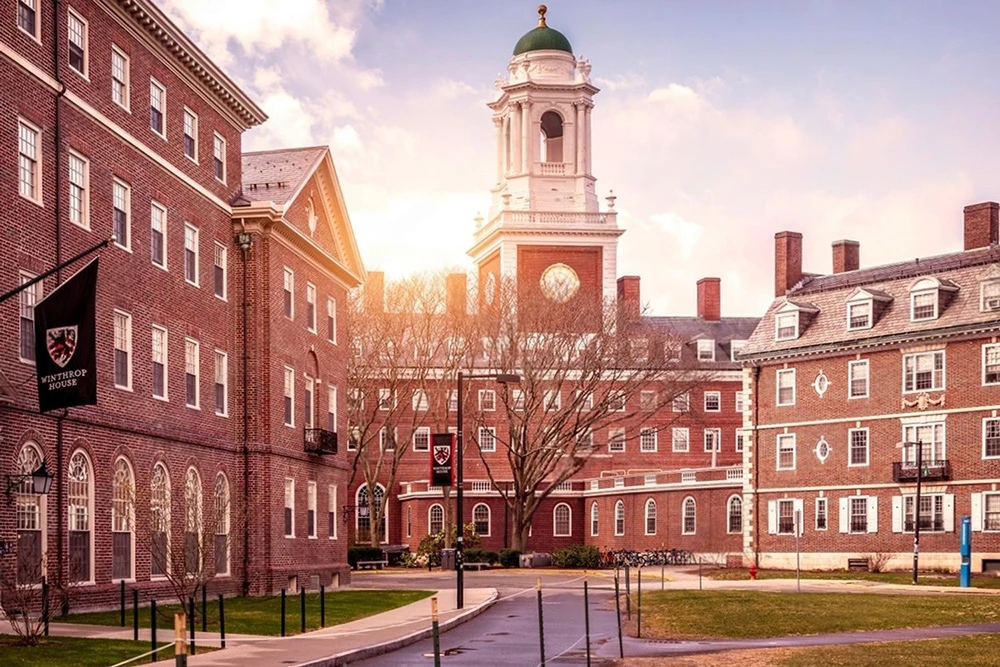
Quirky laws guarding oddly tender, everyday moments
I laughed when I learned it’s illegal to scare a pigeon. The thought felt oddly sweet, like someone put a do not disturb sign on a cooing, puffed up little neighbor. Picture a quiet square, morning light on old brick, a feathery shuffle at your shoes and the city choosing calm over chaos.
Then there’s the fine for defacing a milk carton, and the ban on giving beer to hospital patients. It sounds fussy until you think of it up close: the soft papery fold of a carton smeared with ink, the antiseptic hush of a ward where even laughter travels carefully. These rules read like reminders that small things matter the fragile, the ordinary, the healing.
That’s the part of Boston I carry with me: beneath the brass and brick, a gentle seriousness that draws a circle around everyday kindness. Don’t rattle the birds. Don’t scribble on what nourishes. Don’t blur the edge of someone else’s recovery. It’s a city that, in its own quirky way, asks you to lower your voice in a beautiful library.
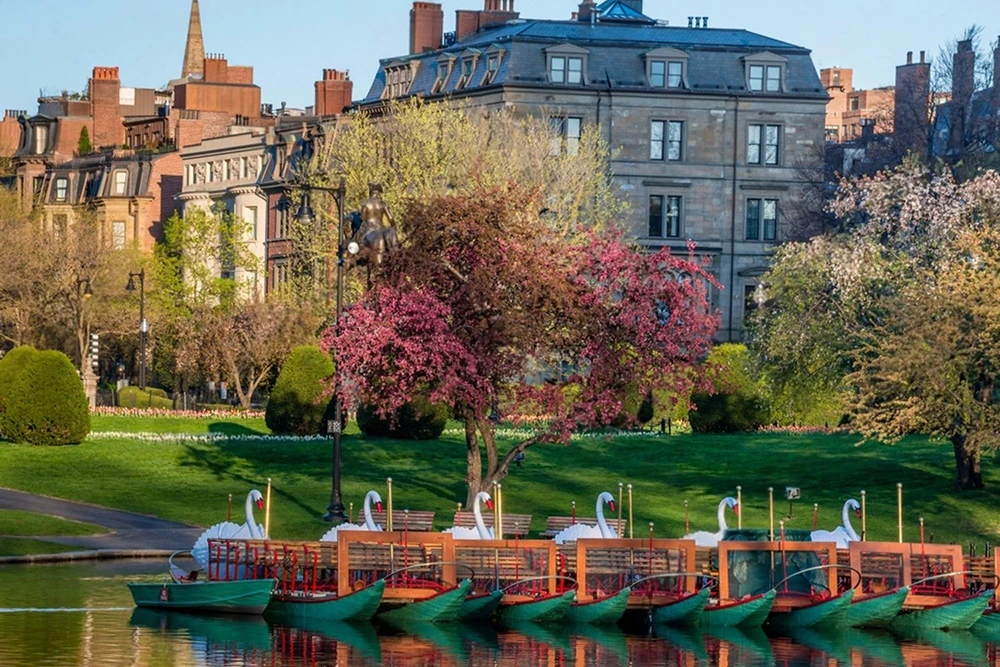
Older than a nation, marked by a plate: 576
I love that some grand institutions keep their secrets in jokes. Harvard University, founded in 1636, feels both solemn and kind: red brick warming in the late sun, leaves skating along the paths, a bell carrying over the yard. You can sense the centuries without feeling scolded by them, like time has pulled up a chair at the table.
That’s why the mayor’s license plate always gets me: 576. It came from counting the letters in James (5) Michael (7) Curley (6), and the number still rides with the sitting mayor today, a tiny code slipping through the city. There’s something lovely about officialdom with a sense of play a thread of mischief stitched through time reminding me that history here isn’t only bronze and marble, it’s also a shared grin if you know where to look.
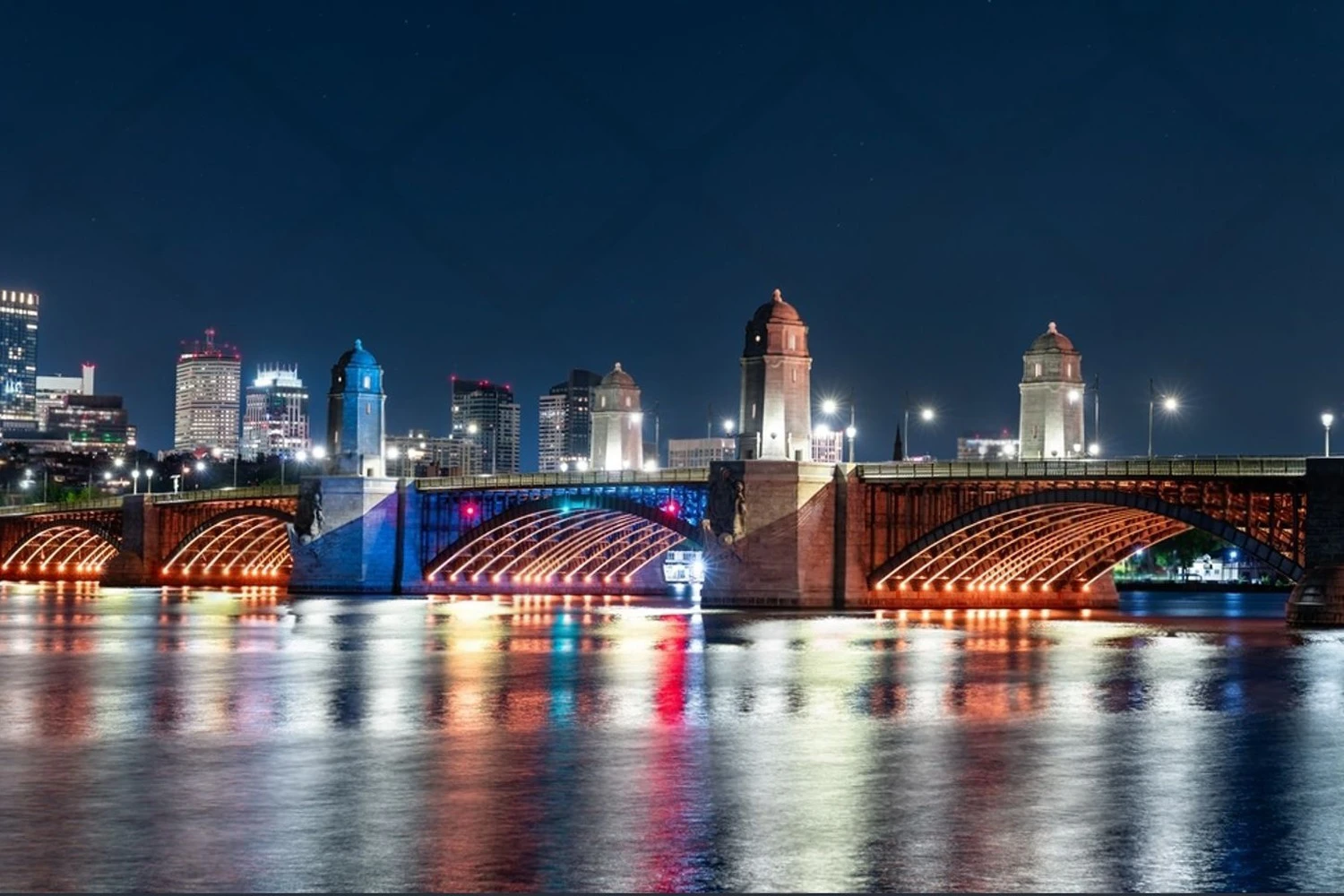
History and ghosts share the Freedom Trail after dark
I never expected the night to feel crowded with voices. Along the red brick line, lamplight pools on the cobblestones and the air tastes faintly of salt and old smoke. Sometimes, when everything goes quiet, you catch a soft cadence footfalls that seem to keep time with a drum you can’t see and you remember the trail doesn’t sleep.
In Boston, the Freedom Trail has this playful shiver to it, because the ghost tours swear Revolutionary soldiers still walk it, shoulders squared, eyes forward. People giggle, someone squeezes a hand, but under the laughter history hums underfoot like a low violin, gathering the stories into one steady note.
I remember pausing by an old burying ground gate, breathing in damp stone and lilacs, feeling goosebumps that felt more like respect than fear. The city wears its past like a second skin, so the eerie and the legendary sit together easily; you leave the night with a grin and a quiet ache, as if you’ve walked beside courage and it nodded back.
America’s oldest beach hosted elephants, coasters, and endless bowling.
It made me smile to imagine how many first hellos the tide has heard here. At Revere Beach the oldest public beach in the U.S. the air smells of salt and a simple kind of welcome, the kind that makes you feel like there’s room for your troubles and your laughter on the same blanket.
They once raced elephants on this sand, can you believe it? Roller coasters rattled along the shoreline, and the world’s longest bowling alley stretched like a dare beside the water. I love that a beach meant for everyone could hold both quiet tides and loud joy; even now, the wind seems to carry a faint carnival song, and you leave with sand on your ankles and a grin you can’t quite explain.
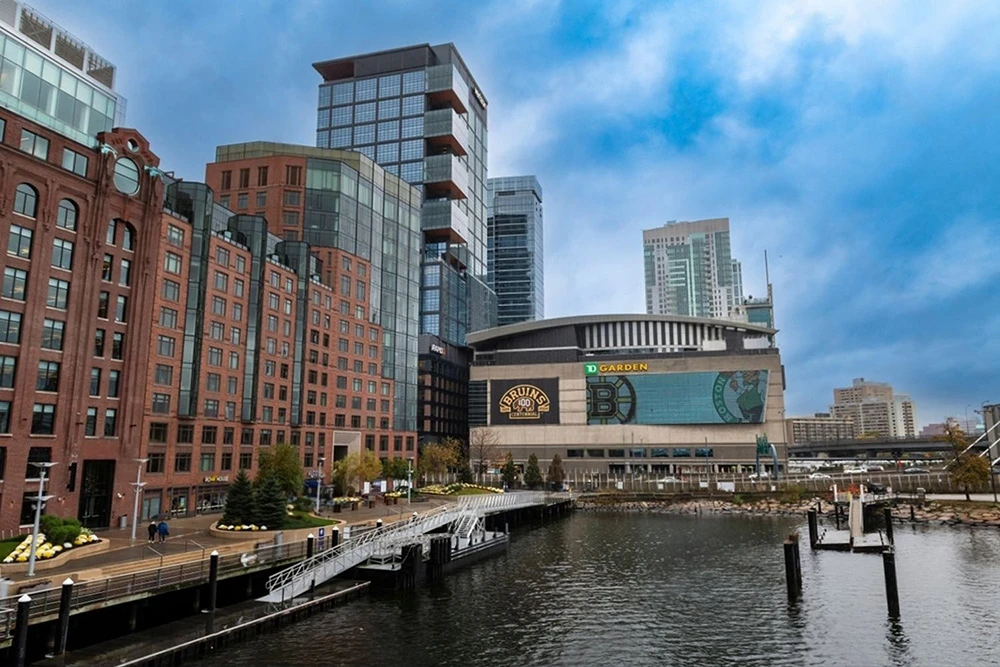
Fenway Green: a patented hush on the wall
It still makes me smile that a baseball team patented a color. That deep, steady green of the Monster doesn’t shout; it drinks the sun and steadies the eyes. I remember looking up between pitches and thinking how strange and perfect it is that a shade can belong to someone, like a signature you notice before the name.
At Fenway Park, that green feels like the room tone of summer rosin in the air, popcorn salt on your tongue, the crowd rising and falling around a wall that never seems to flinch. Scuffs and dents catch the late light, and the whole thing settles your nerves the way sea glass cools in your palm. The Red Sox didn’t just paint a wall; they pressed a mood into it and gave it a proper title: “Fenway Green,” official enough to be patented, familiar enough to feel like home.
Owning a shade sounds outrageous, but here it makes an odd kind of sense. It’s the color of waiting and hoping, of ninth inning breath held tight. Some places have monuments; this place bottled a feeling and taught us to recognize it the moment the batter steps in and the green starts quietly doing its job.
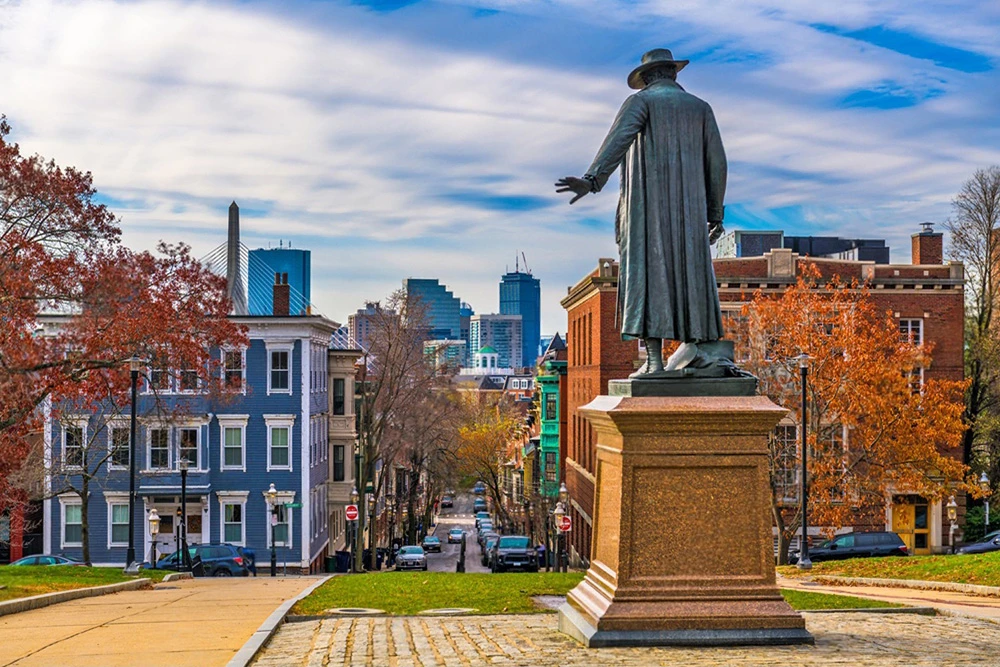
A grasshopper that guarded secrets and hope
It still makes me smile that something so small could carry so much hush. Up on the roof, that little grasshopper glints in the salt tinged light, market chatter drifting up like warm air from roasted nuts and worn cobblestones. I always picture it as a brass cricket eavesdropping on centuries, pretending to be decoration while keeping watch.
People say messages were tucked inside its hollow belly during the Revolution, and whispers linger that the hall beneath once gave quiet shelter to those following the Underground Railroad. Whether every detail is true hardly matters; the spirit feels right. Standing under Faneuil Hall, you sense how justice sometimes travels in code passed hand to hand, hidden in plain sight, a small compass pointing stubbornly toward courage.
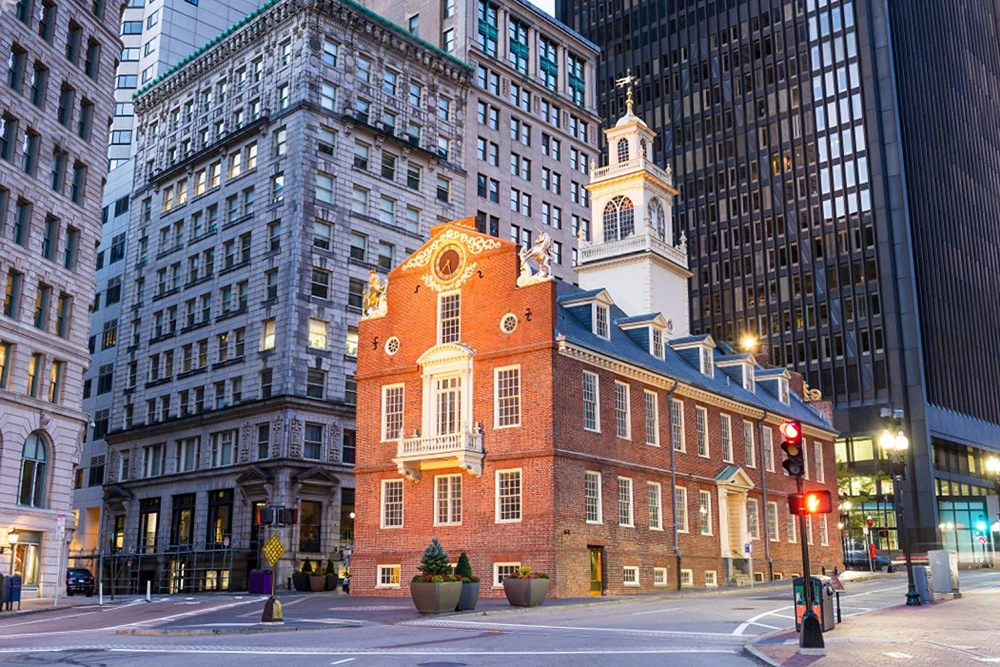
The night a bridge slipped quietly into folklore
After a hard storm, the air tastes like salt and iron, and conversation loosens the way wet ropes creak along the harbor. In Charlestown, people say the bridge didn’t just break; it vanished – whisked by fairies, or tugged under by something with barnacled patience. I remember someone at the pub shrugging like it was obvious, as if the sea keeps its own ledger and sometimes collects what was only borrowed. It was spoken with a little grin, but also with that coastal calm that comes from living beside moods larger than your own.
What I love is how the story makes the loss feel strangely tender. A bridge is a promise, and when a promise disappears overnight, it’s almost kind to imagine hands – tiny or monstrous – carrying it off rather than watching it rot. The tale fits the place: wind that hums through rigging, foam hissing at the stones, a horizon that never stays still. Maybe it’s superstition, or maybe it’s a way of saying we belong to the weather as much as to the map. Either way, it leaves you listening to the tide like it might answer back.
https://en.wikipedia.org/wiki/Boston
The kitchen where dentistry met dissent and messages lingered
I love how rebellion can smell like woodsmoke and clove oil. Picture a humble hearth, the kettle sighing, and a man easing a neighbor’s toothache with steady hands at the Paul Revere House. The clink of tools on a worn table, the bitter sweetness of herbs, the dull ache giving way to relief ordinary comforts nudging against extraordinary risk. It made me think of how courage often starts in rooms that feel safe, where the floorboards creak and the air is kind.
Then there are the window panes some of them original still holding quiet codes for meetings, tiny scratches and symbols that catch the light like hair thin threads. Once, seeing those faint marks, I felt a hush settle in my chest, as if history were humming like a low flame. Not grand speeches, just simple glass turned into a messenger, turning a kitchen into a compass. It’s surprising and beautiful, really, how the everyday refuses to stay ordinary when hope keeps knocking at the door.
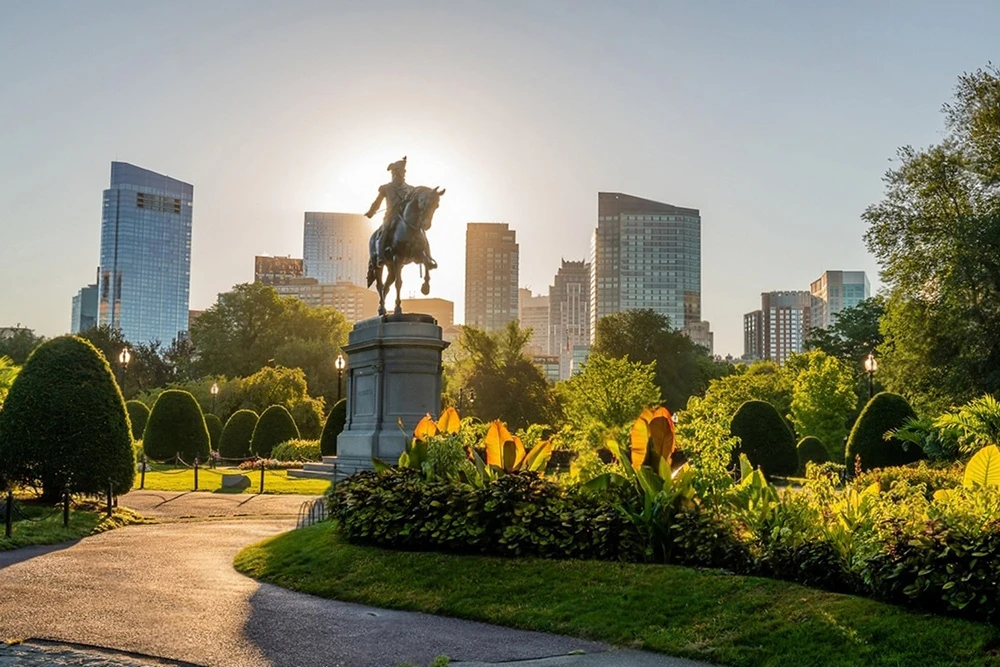
The first heartbeat of real time computing began here
It still makes me smile that the future arrived on a glow and a hum. Back in 1951, the city’s first computer, a machine called Whirlwind, learned to answer almost as fast as you could think – real time, not promised time – the first anywhere to do it. I imagine chalk dust in the air, coffee cooling beside bundles of wires, the steady thrum of fans carrying a kind of quiet certainty through the room.
What gets me is how intimate that feels, how the idea of a machine listening and responding changed the way the city felt. In Boston, where old brick keeps company with impatient minds, Whirlwind’s instant replies must have sounded like a new clock starting up – one that kept pace with curiosity instead of hours. I remember lingering by the river years later, realizing how much of our daily ease – maps that move, voices that answer – traces back to that first quick yes.
No Gorilla Passengers, Sunday Duels Need the Governor
I nearly snorted into my coffee when I learned the lawbook once insisted no gorilla may ride behind a driver, and that dueling on Sundays was fine as long as the governor showed up. It feels like a secret punchline woven into civic rules, the kind of line you reread just to make sure your eyes aren’t playing tricks. Somewhere in Boston, I imagine a cabbie checking the rearview and clearing his throat at an imaginary silverback, while a prim and proper Sunday duel waits politely for the state’s top chaperone.
The more I sit with it, the more it makes sense in a place where order and mischief share a park bench. You can hear it in the clang of a streetcar, smell it on the sea salt wind that sneaks between brick walls, feel it on a crisp Sunday when church bells ring like steady advice. The city wears its history like a patchwork coat stitched from Puritan caution, revolutionary bravado, and a wink tucked into the fine print reminding me that even our strangest rules are love letters to who we’ve been and who we’re trying to be.
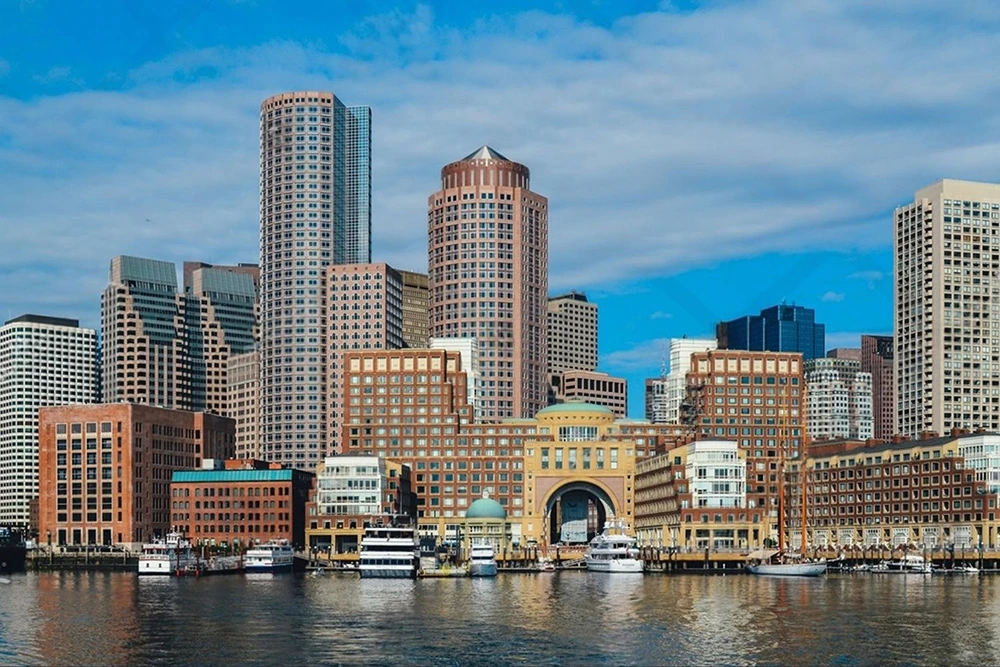
No tomatoes allowed in the city’s sacred chowder
I laughed the first time someone whispered it, almost a secret: no tomatoes in chowder, ever. Around here it isn’t just taste it’s tradition guarded so fiercely it feels written into law. Bowls arrive pale and creamy, steam curling up like sea fog, carrying butter, brine, and a crackle of pepper.
What surprises me is how the rule makes room for gentler flavors to speak: the sweetness of clams, the earth of potatoes, the clean edge of salt. In Boston, this red free vow isn’t about being fussy; it’s about keeping a piece of the harbor intact in every spoonful, a small purity that tastes like home.
Mother Goose sleeps; Revere once had a duck.
I still smile at how legends share sidewalks with odd little truths. In the Granary Burying Ground, under a weathered slate, Elizabeth Goose Mother Goose to the child tucked inside our ears rests among patriots; and over in the North End, a pet duck once trailed Paul Revere along the cobbles. The leaves whisper against the iron fence, a steeple bell rings clean, and the air carries a faint bakery warmth, as if the city were a nursery rhyme that grew up but never forgot its refrain.
I remember thinking how tender that pairing feels: lullabies beside liberty, bedtime rhymes stepping in pace with a revolutionary. It doesn’t make the past smaller; it makes it closer, the way a neighbor might set a warm loaf on the table and say, stay a while. Somehow, knowing Mother Goose lies here and a duck once kept Revere company makes the whole story kinder, reminding me that even the bravest chapters have room for a little wonder.
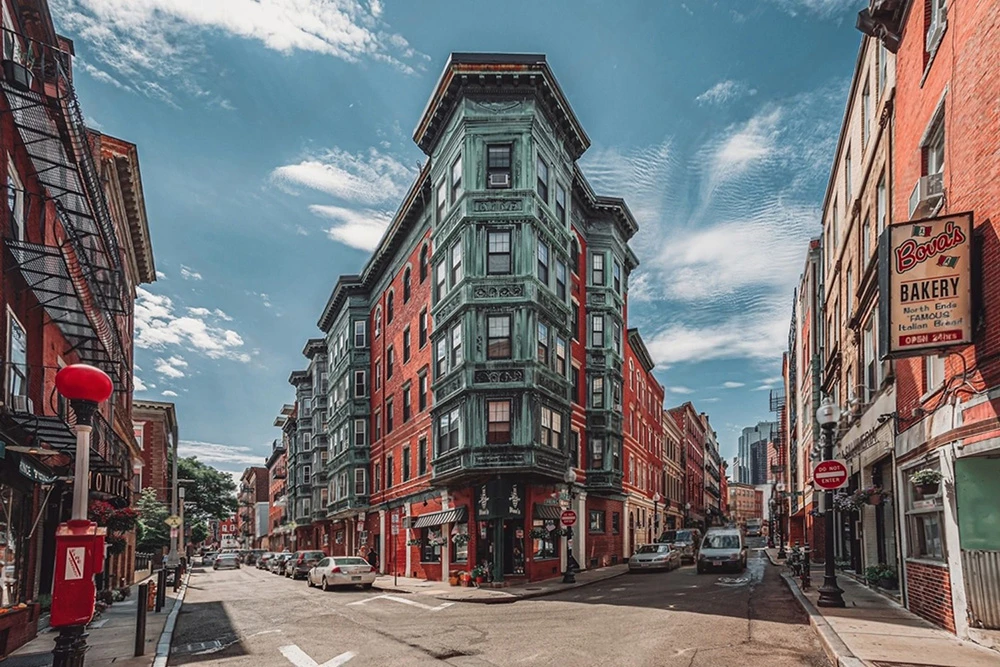
Three sandwiches and the paradox of cigarettes
I still smile at how tender it felt, being told at a wake that you don’t take more than three sandwiches. The coffee steamed in paper cups, the buttered rolls were small and neat, and grief hung in the room like breath on a cold window. It wasn’t stinginess; it was care disguised as thrift – a quiet way of saying, “There’s enough for everyone.” A line drawn in pencil around appetite so no one had to worry about asking for more.
Then there’s the other quirk that makes you tilt your head: kids here can legally smoke, but they can’t buy their own cigarettes. I remember the faint honey sour curl of tobacco by a canal in Amsterdam, smoke mixing with damp stone and the metallic hush of bicycles. It felt so Dutch to me – pragmatic and oddly kind – freedom held on a short leash. Together, these rules sketch a place where boundaries are not walls but gentle rails: sorrow is shared, choices are yours, and the community quietly keeps watch so no one takes too much or gives up too early.
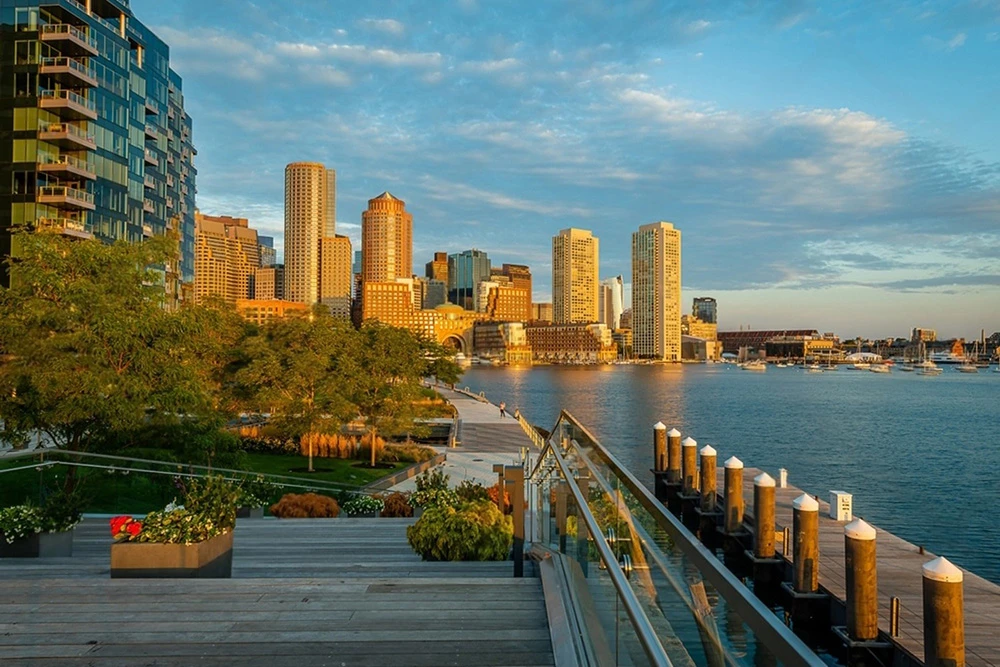
When rabbits ride sirens, but dogs must wait
I still can’t get over it ambulances can’t take dogs, but they’ll scoop up a bunny or a squirrel without blinking. I heard it over a tiny cup of coffee in Porto, steam fogging the window while a siren curled somewhere down the hill. The rule felt like a joke whispered by the city itself, equal parts practical and absurd.
There’s something tender in it, though, isn’t there? Our most loyal companions left to pace the curb, while the skittish little ones get a seat by the oxygen and the clean scent of disinfectant. It made me think about how cities draw lines in chalk: meant for order, smudged by compassion whenever a small heartbeat needs a ride.
I remember laughing, then feeling oddly moved, picturing velvet ears ticking in time with a monitor. Rules can be so strangely human imperfect, funny, kind in sideways ways and that’s the part I carry with me: the reminder that care often shows up where we least expect it.
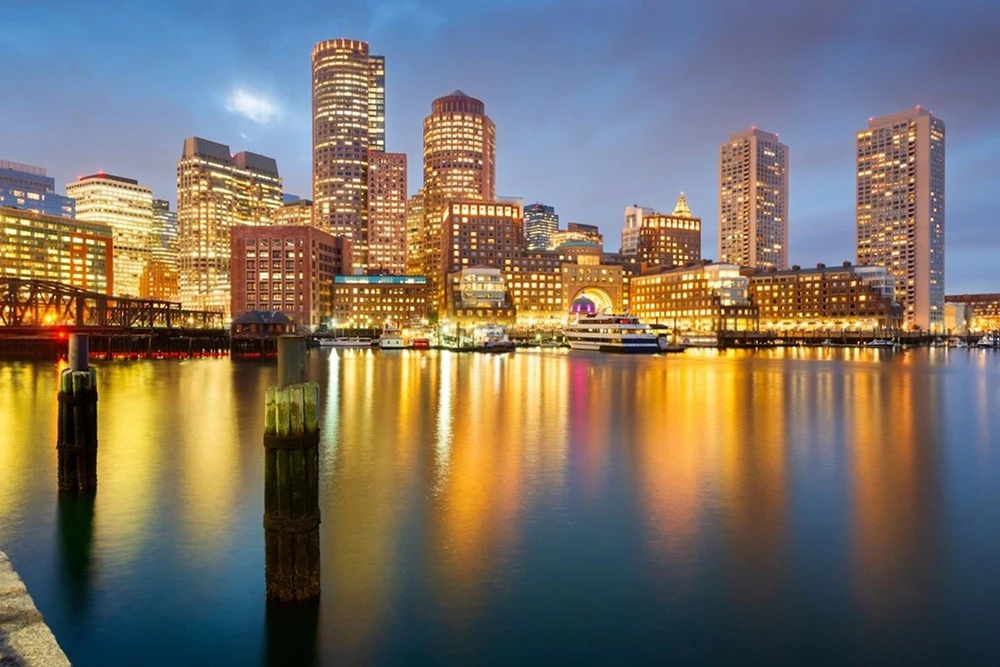
The “stop only if it flashes” legend
I first heard it with a grin, the kind of line tossed off at a crosswalk like a dare: “Here, we only stop for red if it’s flashing.” I laughed and kept listening to the street itself the soft hiss of bus doors, a gull’s cry somewhere over brick roofs, that faint mix of coffee and ocean salt that hangs in the chill. The joke felt like a wink from the city, a little mischief layered over the hum of people who are always halfway to somewhere.
It isn’t the law, of course, but the rumor sticks because it captures the pulse of Boston: quick, stubborn, oddly considerate beneath the tough bark. Drivers read each other’s eyes, pedestrians read the tiny pauses in a hooded nod, and somehow it all threads through like a jazz riff improvised, nervy, weirdly graceful. The lights become punctuation in a fast conversation, more rhythm than command. I remember thinking that this is what the place teaches you without saying it out loud: keep moving, stay awake to one another, and meet the world with a little swagger and a little care.
When Sunday Meant Singing Hymns and Carrying Rifles
I remember sitting in a wooden pew, breathing in beeswax and old wool, when I first heard that there was a time the city made it law for men to bring rifles to church. It made me picture the hush before a hymn, a bell’s single note hanging in the air, and along the aisle, the cool weight of iron resting by polished boots. The idea felt strange and oddly tender: a sanctuary that held not just prayers, but the shaky reassurance of protection.
Boston has always braided ideals with pragmatism, and this little law says it out loud. Faith and vigilance two threads in the same hymn meant worship wasn’t an escape from the world, but a way to stand inside it together. I like that about the place: the honesty of naming both hope and risk, and carrying them side by side on a Sunday morning, as if courage could sit quietly between the psalms.
Old blue laws that still bewilder and charm
I remember stifling a laugh the first time I saw them listed: no nuclear detonations, squirt guns totally illegal, and bullets not accepted as currency. Only in Marlboro could a rulebook keep such a straight face. The paper smelled faintly of dust and lemon cleaner, and outside the door the air had that warm, cut‑grass hush that makes even the oddest sentences feel almost reasonable.
What gets me is how these leftovers feel less stern and more like a blend of caution and humor. They hang around like mothballed winter coats fussy, unnecessary, but kept for memory. In their own quirky way, they say: keep the peace, keep the change in coins, keep the fireworks theoretical. I love that contradiction; it turns bafflement into affection, as if the city is quietly admitting that order matters, but a little absurdity keeps the edges soft. I left feeling oddly reassured, like I’d just been in on a joke that also wanted the world to be safe.
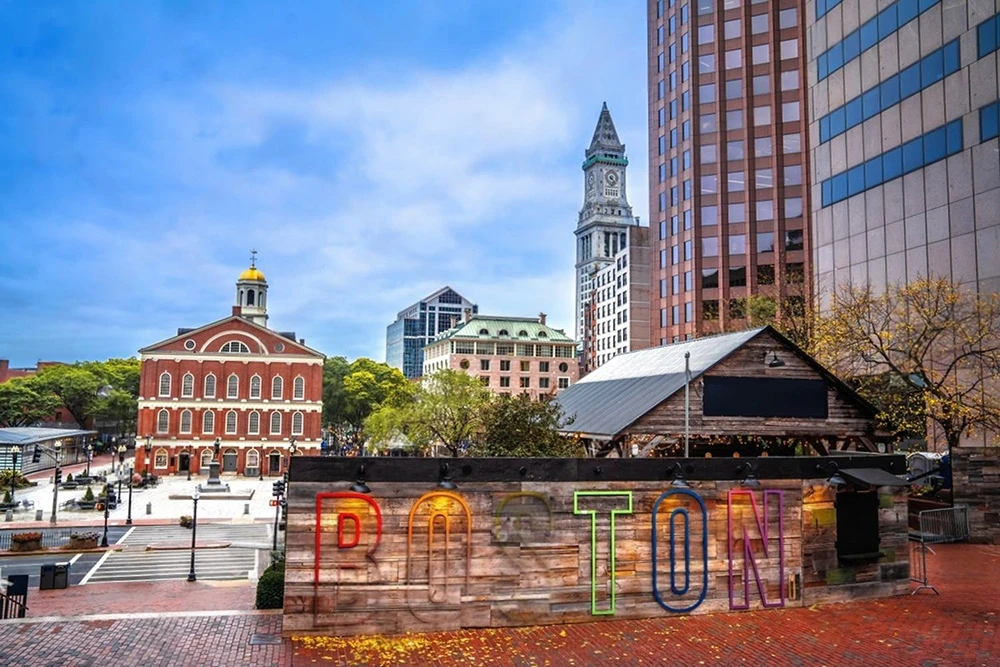
Final thought
In Boston, the hidden stories, the tiny details, and the human moments reveal a truer city, piecing together like a quilt I want to keep unfolding. They help me slow down and notice the warmth in ordinary corners. I leave grateful to have walked familiar streets with clearer attention. And I’m inspired to keep seeking small moments that make a place feel more itself.
